
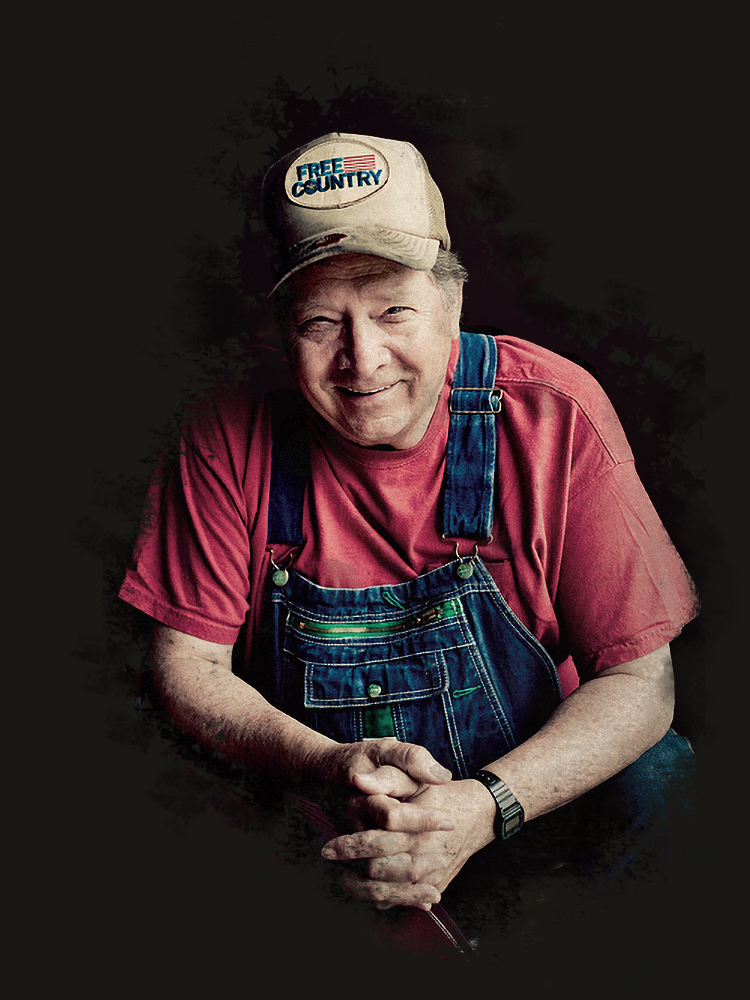
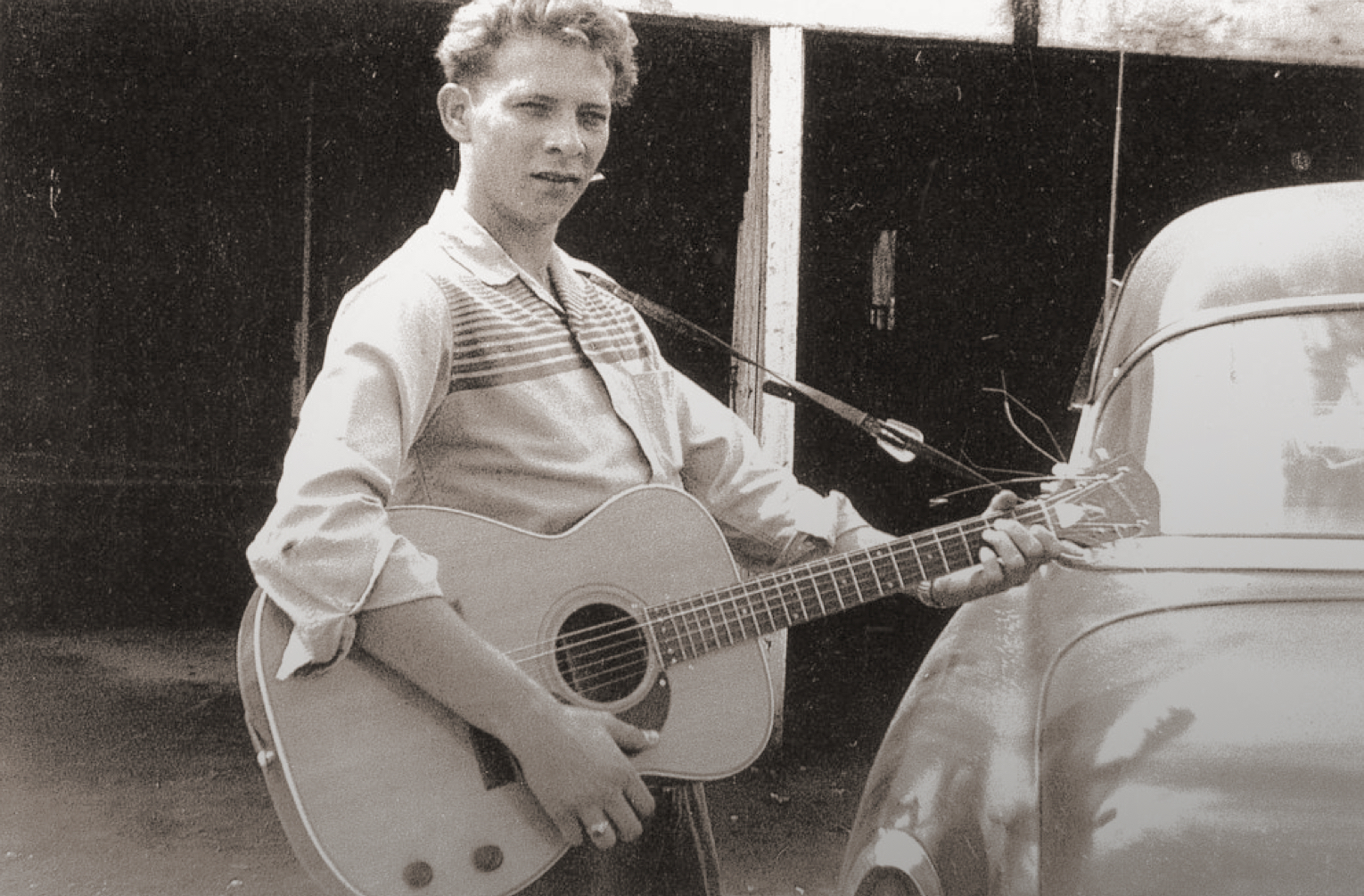
Born Wallace Daniel Pennington in Vernon, Al., Penn was entranced with Southern regional music from an early age. Although both of his parents were musically inclined, Penn’s true musical awakening came when listening to Nashville station WLAC. “They were playing strictly black stuff, spirituals, R&B,” he recalled. “My ears just told me what was good. That was the start of it. And I kept learning that way.” As a teenager, Penn moved to the Florence/Muscle Shoals area, where he became the lead vocalist for local R&B band “The Mark V Combo,” and later with the grittier “Dan Penn and the Pallbearers.” In short order, Penn and his bandmates would become the initial core of Alabama’s flourishing music industry.

In 1960, Penn gained his first taste of success by writing a tune called “Is a Bluebird Blue?” which became an early hit for Conway Twitty. “I remember being flabbergasted. It just didn’t seem possible. That song opened doors to me my whole career,” he said. Penn also began working at SPAR Music studio, an upstart studio founded by Rick Hall and Billy Sherrill located above a drugstore. “We went up these stairs, it’s twelve o’clock noon, and we knocked on this door,” Penn recalled of his initial visit. “They opened the door, and there were three or four big beds in there, and they were full of guys sleeping at noon. I said, ‘This is my place.’”
When Rick Hall broke with Stafford to open his own studio, which he called FAME (Florence Alabama Music Enterprise), Penn followed and became the studio’s first resident songwriter. He also continued to play the fraternity circuit with the Pallbearers, until the band left en masse for Nashville in 1964. With his bandmates gone — and with FAME now missing most of its studio band — Penn faced a period of soul searching. He recalls staring at the studio from his car and thinking “That’s not only a door, that’s the door.” Determined as ever to find success in the music industry, Penn largely abandoned his ambitions as a musician and focused instead on honing his skills as a writer and producer. “That’s what I’m gonna be; I’m gonna be a studio cat,” he recalls telling himself.
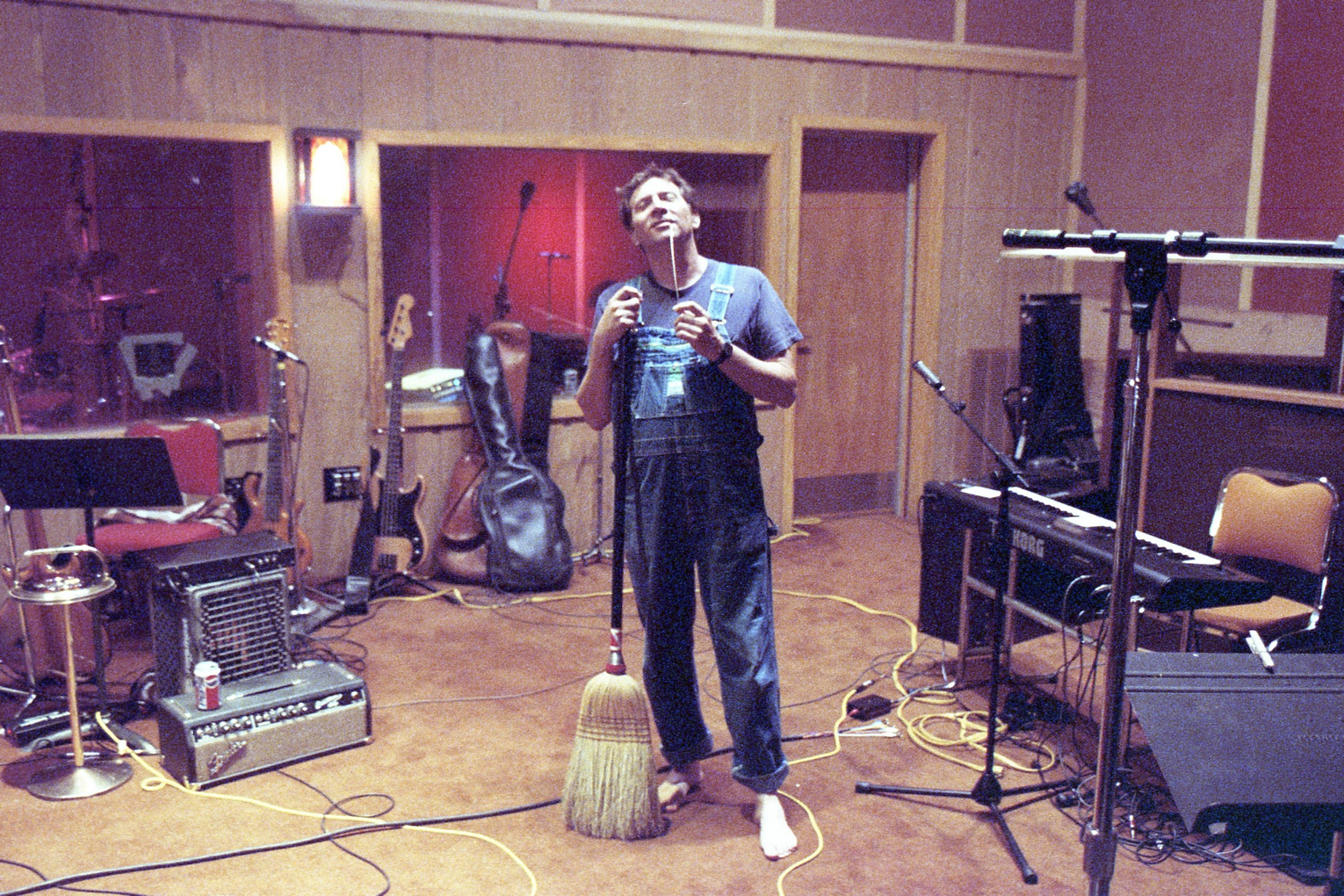
As a new crop of musicians began to make their way to FAME, Penn soon began writing alongside keyboardist Spooner Oldham, a partnership that would prove to be one of the most formidable of the decade. Over the next few years, the duo composed scores of excellent southern soul tunes, including Percy Sledge’s “It Tears Me Up,” James and Bobby Purify’s “I’m Your Puppet,” and Joe Simon’s “Let’s Do It Over,” his first significant R&B hit. Despite these successes, Penn began to feel constrained at FAME, especially regarding his inability to produce records. When producer Chips Moman invited him to join his team at American Sound Studio in Memphis, he gladly accepted.
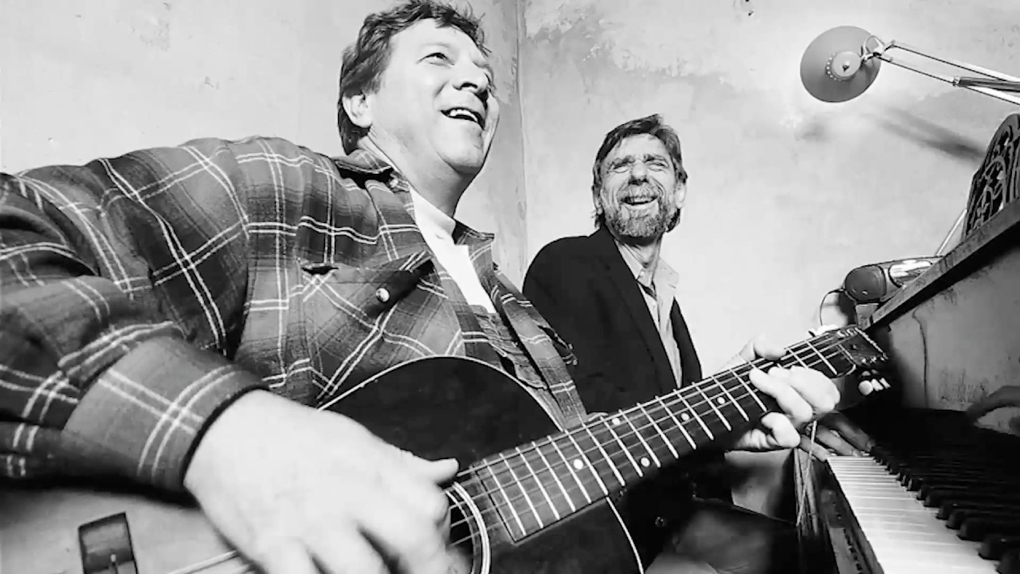
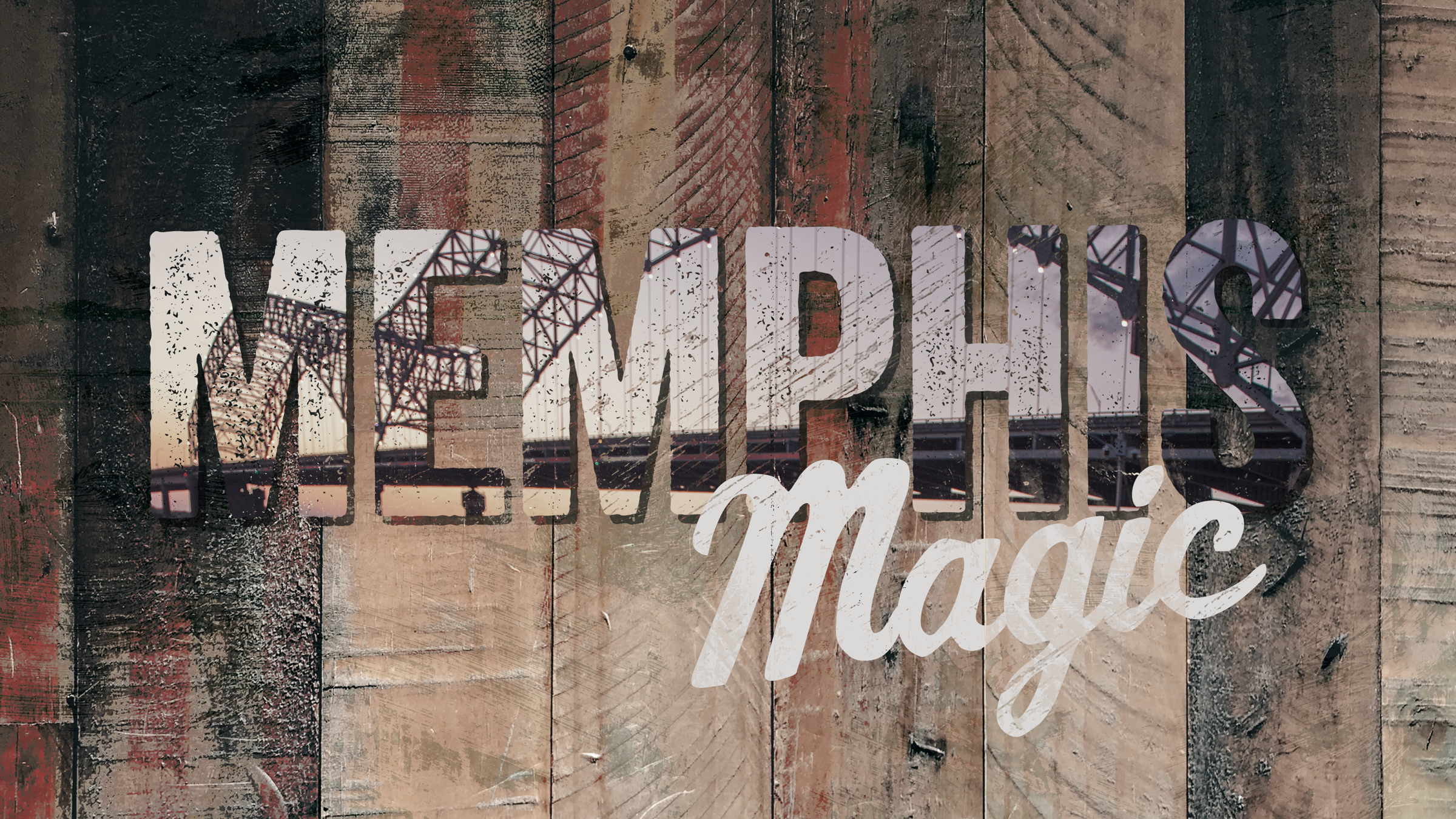
Almost immediately, the newfound partnership between Dan Penn and Chips Moman proved to be extremely fruitful. In 1966, the duo co-penned the smoldering cheating anthem “The Dark End of the Street,” a huge hit for singer James Carr that the city’s Commercial Appeal newspaper announced as Memphis’ all-time greatest soul song. High praise in a soul city! Soon after, they co-wrote another soul standard with “Do Right Woman, Do Right Man,” an early hit for Aretha Franklin that Jerry Wexler called “perfection.” Having already proven his immense worth as a songwriter, Penn was now ready to take a stab at production. “Me and Moman had tried to produce some records together, but I was having a pretty hard time getting my ideas across,” he said. “So I told him, ‘I want to produce a record and I want to do it my way and I want to do it by myself.’”
In 1967, Penn was given his first shot at producing when a young blue-eyed soul group called the Box Tops arrived at American Sound Studio. Penn had a song called “The Letter” from writer Wayne Carson Thomas in his pocket, which he felt would be a good fit for the band and their sixteen-year-old singer Alex Chilton. “They came Saturday morning around ten o’clock and they had Alex Chilton with them, who I’d never seen,” Penn recollected. “We started running ‘The Letter’ down, and he sounded pretty good. I coached him a little, not much, told him to say ‘aer-o-plane,’ told him to get a little gruff, and I didn’t have to say anything else to him.” Despite the odds, “The Letter” became a number one hit and one of the biggest songs of 1967, solidifying Penn as a natural producer and Chilton as a certified star. Over the next year, Penn continued to work with the band, even reuniting with his writing partner Spooner Oldham to write their second major hit song “Cry Like a Baby,” a million-seller which he also produced.

Although he had reached a career pinnacle with the Box Tops, Penn’s passion and focus remained with the creating of black music with black artists. Tragically, Memphis’ golden era of racial unity amongst musicians would be forever altered on April 4, 1968 with the assassination of Dr. Martin Luther King, Jr. “It changed my life,” Penn lamented. “Suddenly, whatever it was that we had with black people was gone. I mean, we were basically country boys cutting black records. That’s what made it sound like it did…so it changed all of our lives, Martin Luther King’s death.” While his writing partner Spooner Oldham departed for Los Angeles, Penn remained in Memphis, distraught and disheartened. “I went off on a big soul-search. I didn’t have a co-writer, I didn’t have black artists. I loved black music. It’s all I thought about, it’s all I did.”
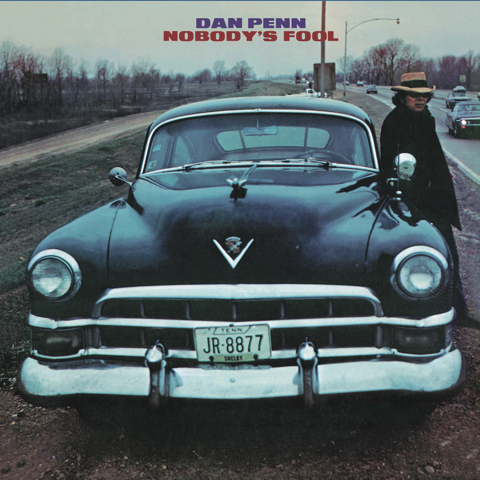
After departing from American Sound, Penn established his own studio in Memphis called Beautiful Sounds. While the studio ultimately proved unsuccessful, it was there that he wrote the song “A Woman Left Lonely,” which later appeared on Janis Joplin’s classic album “Pearl,” as well as his own fine solo album “Nobody’s Fool.” In the mid-1970s, Penn and his wife relocated to Nashville. Once arriving, he continued to write for artists such as Ronnie Millsap and Johnny Rodriguez, although he was never fully able to embrace the city’s country music scene. “I appreciate Nashville, it’s a good city to live in…but you know, I’ve never really been a big fan of the Nashville sound, I have to say,” he once told NPR.

In 1991, Penn reunited with Spooner Oldham for an appearance at the New York Bottom Line’s “In Their Own Words” songwriter series, a live performance of original songs that inspired him to record a new album. In 1994, he released his second solo album “Do Right Man,” a critically acclaimed album that AllMusic said proves “The man deserves to be an American musical icon.” He followed up the album with a world tour alongside Oldham, which yielded the excellent live collection Moments from This Theater. In 2013, Penn was inducted into the Alabama Music Hall of Fame, later appearing in the film Muscle Shoals, a hit documentary that introduced a new generation to the music of FAME Studios. Today, nearly 60 years after he began his career, Dan Penn continues to write and perform, although he no longer thirsts for that elusive hit song, haven already proven himself time and again. “Tell you the truth, I just write for myself. I still write pretty much like I did back then, other than the fact that I don’t stay up all night. I do get some sleep nowadays.”

Be the first to add your voice.